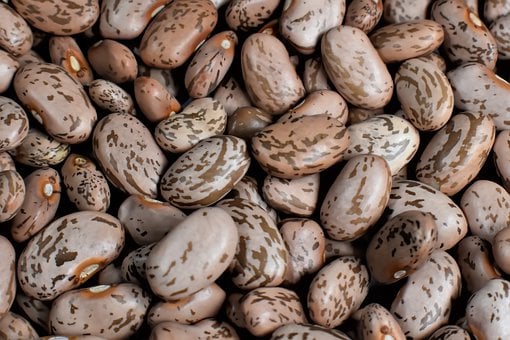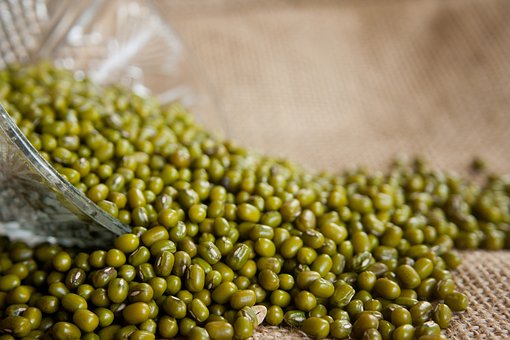Bean sprouts are a type of vegetable that is produced by germinating beans and allowing them to grow for a short period of time until they reach a small size. They are a popular food in many parts of the world and are often used in salads, sandwiches, and as a garnish for various dishes. While bean sprouts are often considered to be a healthy food choice, it is important to understand their nutritional value and the potential health benefits and drawbacks of consuming them.
One of the main nutritional benefits of bean sprouts is that they are high in protein. A 100-gram serving of bean sprouts contains about 3 grams of protein, which is a significant amount for a vegetable. This makes them a good source of protein for vegetarians and vegans, as well as for people who are looking to increase their protein intake.
In addition to protein, bean sprouts are also a good source of fiber. A 100-gram serving of bean sprouts contains about 2 grams of fiber, which is important for maintaining a healthy digestive system and helping to prevent constipation. Fiber is also beneficial for regulating blood sugar levels and reducing the risk of heart disease.
Bean sprouts are also a good source of vitamins and minerals. They contain significant amounts of vitamin C, vitamin K, and folate, as well as smaller amounts of other vitamins and minerals such as iron, calcium, and potassium. These nutrients are important for maintaining good overall health and can help to prevent a range of health conditions, including anemia, osteoporosis, and hypertension.
Despite their many nutritional benefits, there are also some potential health risks associated with consuming bean sprouts. One of the main concerns is the risk of food poisoning, as bean sprouts have been linked to outbreaks of bacterial infections such as E. coli and Salmonella. This is due to the moist and warm conditions that are required for the sprouts to grow, which can also provide an ideal environment for bacteria to thrive. To reduce the risk of food poisoning, it is important to handle and store bean sprouts properly and to cook them thoroughly before consuming them.
Another potential concern with bean sprouts is that they may contain compounds called lectins, which are proteins that can bind to carbohydrates in the digestive system. Some research suggests that high levels of lectins may cause digestive problems and may be harmful to the gut lining, although more research is needed to fully understand the effects of lectins on human health.
Despite these potential risks, bean sprouts can still be a healthy food choice for most people when consumed in moderation as part of a balanced diet. To maximize the nutritional benefits of bean sprouts, it is important to choose fresh, high-quality sprouts and to handle and store them properly to minimize the risk of food poisoning. In addition, it may be helpful to consult with a healthcare provider or registered dietitian for personalized nutrition advice and to determine the appropriate amount of bean sprouts to include in your diet.
In conclusion, bean sprouts are a nutritious and protein-rich vegetable that can provide a range of health benefits when consumed as part of a balanced diet. While there are some potential risks associated with consuming bean sprouts, such as the risk of food poisoning and the presence of lectins, these risks can be minimized by handling and storing the sprouts properly and by consuming them in moderation. Overall, bean sprouts can be a healthy food choice for most people and can contribute to good overall health and well-being.

 Home
Home Health
Health Diet & Nutrition
Diet & Nutrition Living Well
Living Well More
More












